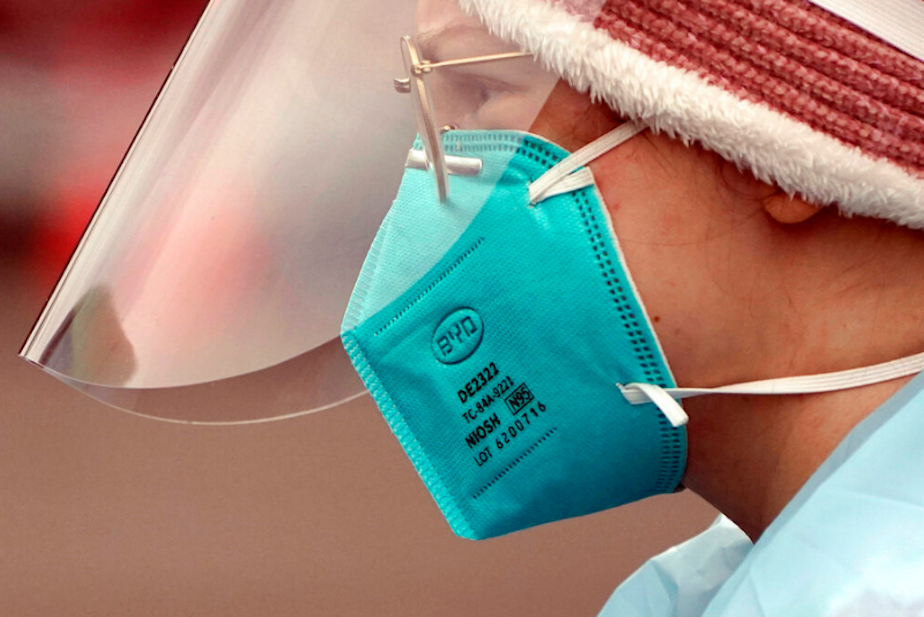What the medical field is watching as the state of emergency ends in Washington

Washington state's Covid 19 emergency order comes to an end this month. It's a signal that the state will be moving toward a business-as-usual approach to governing and managing the pandemic.
But, at the same time, the pandemic isn’t over and business as usual has its own complications.
The state of emergency was declared in February of 2020 and brought us mask mandates and limits on the amount of people who could gather in public. Most of those measures were reversed by Gov. Inslee before he announced the emergency order would lapse on Oct. 31.
Thirteen health-care related orders are set to expire Oct. 27, including temporary licenses for health-care workers and waivers on hospital bed capacity.
An additional 10 emergency orders, including the underlying state of emergency, will end Oct. 31. Those have to do with work protections for people taking preventative Covid measures like masking and the vaccine mandate for state employees, first responders, and teachers.
For some state employees, the vaccine mandate will continue, but the state is making this decision as an employer.
For most people, the end of the state of emergency won't be life changing.
Sponsored
"Clearly, if you work in education or if you work in health care, you'll be thinking about the end of the emergency declaration maybe a little bit differently," said Benjamin Brunjes, assistant professor at the Evans School of Public Policy and Governance at the University of Washington.
Taya Briley, executive vice president and general council for the Washington State Hospital Association, said she's concerned about hospital capacity after the emergency order.
"In some ways, the end of the emergency orders is going to be smooth. In other ways, it will be continuing to be bumpy, particularly on the topic of hospital capacity," Briley said.
Briley is concerned about hospital's ability to manage inpatient capacity once all the emergency orders end. Some of the orders included waivers that allowed hospitals to exceed their bed capacity.
Briley said that over the summer, many of the hospitals in the state were already operating above 100% capacity, and now, at the end of the month, those waivers are expiring along with the rest of the emergency order. This is happening as flu season starts.
Sponsored
The Department of Health has another way to increase bed capacity, but Briley says that, with the waiver ending, we'll need to use that alternate process constantly, and there will be more strain on hospitals.
David Keepnews, executive director of the Washington State Nurses Association, said he's keeping track of a few issues affecting nurses as the end of the emergency order approaches.
First, there's the vaccine mandate. Keepnews said he expects some hospitals to institute their own mandates, but he wants to make sure nurses have the same protections that they did during the pandemic, like time off for the side effects after receiving your booster.
During the public health emergency, the process for nurses and staff to file complaints with the Department of Health was also suspended. So when health-care workers filed formal complaints with the Department of Health because staffing levels were inadequate, those complaints weren't investigated. That process will start again.
Keepnews said he is extremely concerned about staffing levels.
Sponsored
"Issues of their staffing were a problem prior to the pandemic and obviously were exacerbated by the pandemic and will continue after after the pandemic or with the end of the emergency order," he said.
Both Briley and Keepnews agree that the state of emergency ending is a sign that the pandemic is easing, but there still is uncertainty about adjusting to a business-as-usual approach after existing issues around staffing and capacity were exacerbated by the pandemic.






